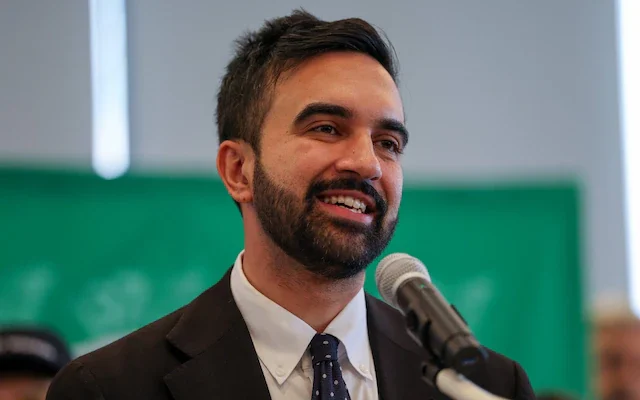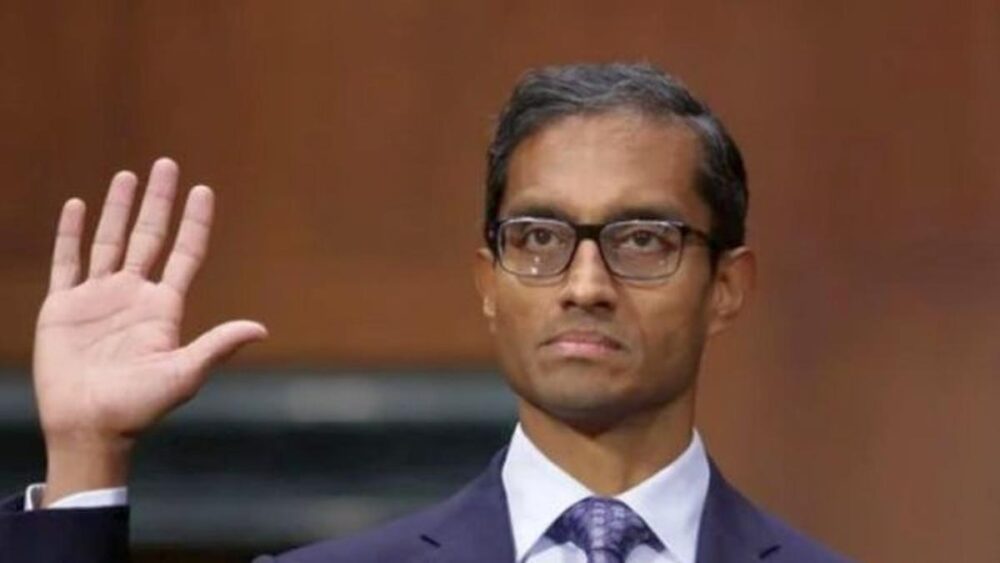New York City’s first Muslim mayor, Zohran Mamdani, has drawn considerable comparisons to London’s Muslim mayor, Sadiq Khan, although their political journeys reveal important differences. Critics have often suggested that New York under Mamdani might follow “the way of London,” given that both leaders share a progressive outlook and a Muslim identity. However, the two cities’ distinct political and social dynamics mean the parallels go only so far.
London’s Sadiq Khan, a seasoned politician who has been mayor since 2016, understands the pressures of governing a global city under intense scrutiny, including dealing with persistent criticism and racist attacks. Khan has faced harsh condemnation, notably from former US President Donald Trump, who labeled him a “stone cold loser” and accused him wrongly of wanting to impose Sharia law. Khan fired back at these attacks, branding Trump “racist, sexist, misogynistic and Islamophobic.” Despite these challenges, Khan has won three consecutive elections and worked to improve transit, housing, and air quality in London.
Zohran Mamdani, at 34, comes from a different background but shares Khan’s progressive vision. Born in Uganda to Indian immigrant parents and raised in the US, Mamdani’s rise symbolizes a new generation of grassroots activism and left-wing politics, heavily inspired by figures like Bernie Sanders. His campaign focused on issues like affordable housing, free childcare, and combating corruption. In his victory speech, Mamdani directly challenged Trump’s efforts to undermine his election, urging the city to reject divisiveness.
The BBC podcast “A Tale of Two Cities: London’s Lesson for New York’s First Muslim Mayor,” produced by Xandra Ellin, Valerio Esposito, and Cat Farnsworth, explores these parallels in detail. It features interviews with former BBC reporter Tim Donovan and Sadiq Khan himself, discussing the challenges of leading two of the world’s most diverse and dynamic metropolises. The podcast highlights the differences in political power, public perception, and social issues that define their mayoralties. Khan emphasizes the importance of focusing on substantive policies instead of identity politics, a lesson that could benefit Mamdani as he navigates his new role.
Despite sharing religion and progressive values, Khan and Mamdani face unique political climates that will shape their leadership differently. Both have become targets of far-right rhetoric, yet their responses showcase resilience and dedication to their cities. As Mamdani begins his tenure, London’s experience offers valuable insights but also underscores that success depends on navigating local challenges with strategy and coalition-building.















